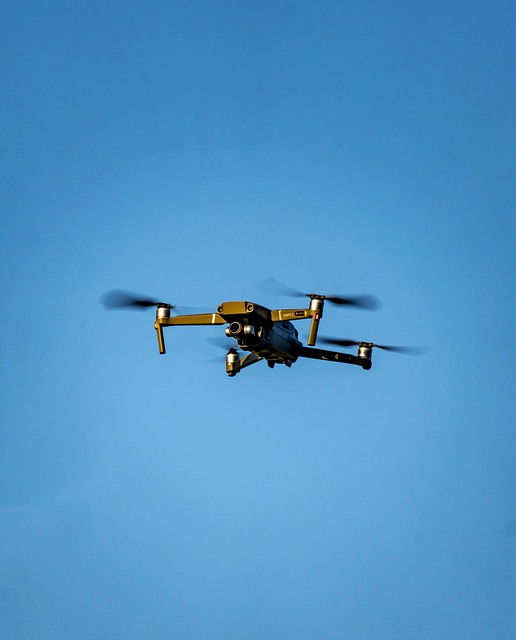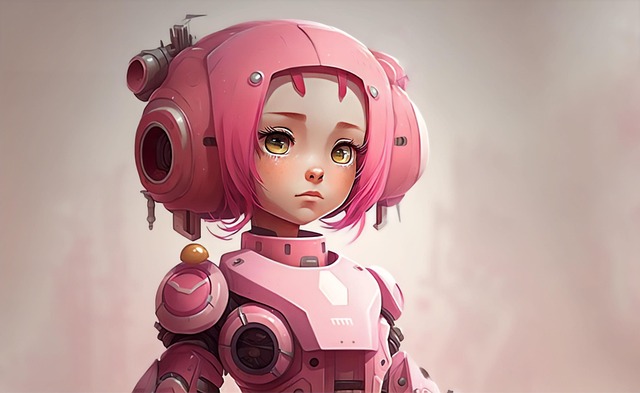# Exploring the Frontiers of AI Technology: Innovations Transforming Industries and Everyday Life
The rapid evolution of artificial intelligence (AI) technology has ushered in a new era of innovation, fundamentally altering the landscape of various industries and reshaping everyday life. This article delves into the transformative power of AI, examining its applications across sectors such as healthcare, finance, and transportation, while also highlighting the ways it enhances daily experiences for individuals.
## Revolutionizing Healthcare with AI
In the realm of healthcare, AI technology is making significant strides, fundamentally changing how medical professionals diagnose and treat patients. One of the most notable advancements is the development of AI-driven diagnostic tools that utilize machine learning algorithms to analyze medical images. These tools can identify anomalies in X-rays, MRIs, and CT scans with remarkable accuracy, often surpassing the capabilities of human radiologists. By facilitating earlier detection of diseases such as cancer, AI is enhancing patient outcomes and streamlining the diagnostic process.
Moreover, AI is playing a pivotal role in personalized medicine. By analyzing vast amounts of genetic data, AI algorithms can help tailor treatment plans to individual patients, considering their unique genetic makeup and health histories. This approach not only improves the effectiveness of treatments but also minimizes adverse side effects, thereby enhancing patient care. As a result, healthcare providers are increasingly adopting AI technologies to refine their practices and deliver more effective interventions.
Another significant innovation in healthcare is the emergence of AI-powered virtual health assistants. These digital tools are capable of answering patient queries, scheduling appointments, and even providing basic medical advice. By automating routine tasks, healthcare professionals can focus more on direct patient care, ultimately improving the overall efficiency of healthcare systems. As AI continues to evolve, its integration into healthcare promises to enhance both the quality of care and operational efficiency.
## Transforming Finance Through AI Innovations
In the financial sector, AI technology is revolutionizing how institutions operate, manage risks, and interact with customers. The implementation of AI algorithms in fraud detection has become a game-changer for banks and financial organizations. By analyzing transaction patterns in real-time, AI systems can identify suspicious activities and flag them for further investigation. This proactive approach not only protects consumers but also helps institutions mitigate potential losses from fraudulent transactions.
Additionally, AI is streamlining the loan approval process, making it faster and more efficient. Traditional underwriting methods often involve lengthy assessments of creditworthiness, but AI can analyze a wider range of data points, including social media activity and online behavior. This capability allows lenders to make more informed decisions, potentially expanding access to credit for individuals who may have been overlooked by conventional methods. Consequently, the integration of AI in finance is fostering greater financial inclusion and supporting economic growth.
Customer service in the financial sector has also been transformed by AI innovations. Chatbots and virtual assistants are now commonplace, providing customers with instant access to information and support. These AI-driven tools can handle a multitude of inquiries, from account balances to investment advice, all while operating 24/7. As a result, financial institutions are not only enhancing customer satisfaction but also reducing operational costs associated with traditional customer service channels.
## Enhancing Everyday Life with AI
Beyond industry-specific applications, AI technology is increasingly woven into the fabric of everyday life, enhancing convenience and improving user experiences. Smart home devices, powered by AI, have gained immense popularity, allowing individuals to control their environments with ease. From smart thermostats that learn user preferences to AI-driven security systems that recognize familiar faces, these innovations are making homes more efficient and secure.
Transportation is another area where AI is making a profound impact. The rise of autonomous vehicles is perhaps one of the most talked-about advancements in recent years. Companies like Tesla and Waymo are at the forefront of developing self-driving technology that promises to revolutionize how we commute. By utilizing AI algorithms to navigate traffic, avoid obstacles, and make real-time decisions, these vehicles aim to reduce accidents and enhance mobility.
Furthermore, AI is reshaping the way individuals interact with technology on a daily basis. Voice-activated assistants, such as Amazon’s Alexa and Apple’s Siri, have become integral to many households, enabling users to perform tasks hands-free. From setting reminders to controlling smart home devices, these AI companions are streamlining daily routines and providing a level of convenience previously unattainable. As natural language processing continues to improve, the interaction between humans and machines is set to become even more intuitive.
## Conclusion: The Future of AI Technology
The exploration of AI technology’s frontiers reveals a landscape rich with potential and promise. Industries such as healthcare and finance are experiencing transformative changes that enhance efficiency, improve outcomes, and foster greater accessibility. Simultaneously, everyday life is becoming increasingly enriched through AI innovations that simplify tasks and elevate user experiences.
As AI continues to evolve, the implications for society are profound. Ethical considerations surrounding data privacy and algorithmic bias will need to be addressed to ensure that these technologies benefit all individuals equitably. Collaboration between technologists, policymakers, and ethicists will be essential to navigate the challenges ahead. Ultimately, the journey into the future of AI technology holds the promise of not only transforming industries but also enriching the daily lives of people around the world.











